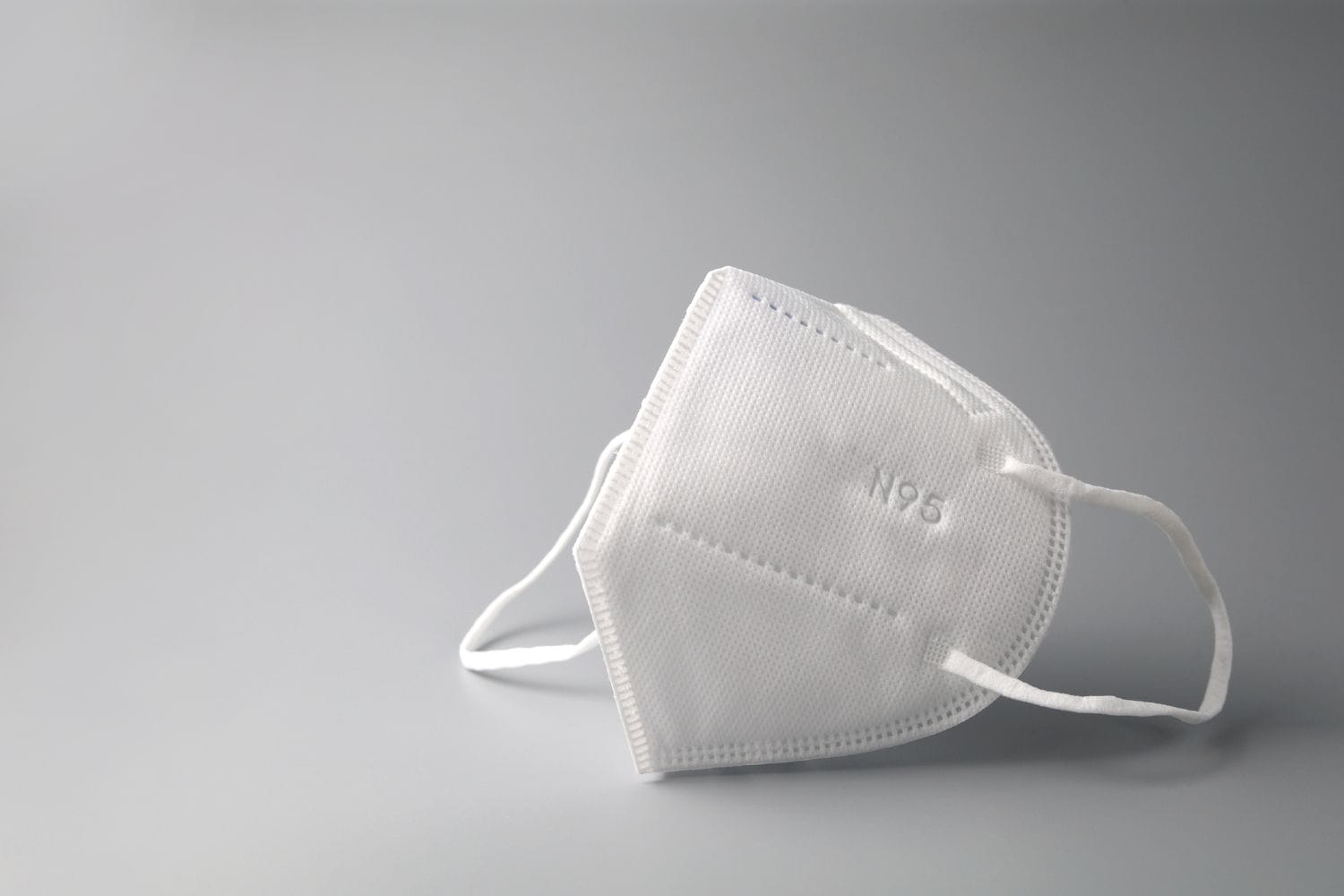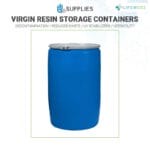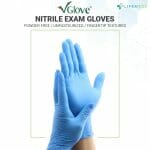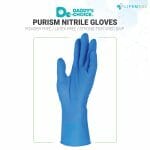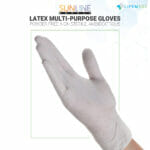What are N95 Respirators?
N95 respirators are specialized respiratory protective devices designed to achieve a close facial fit and highly efficient filtration of airborne particles. The “N95” designation means the respirator filters at least 95% of airborne particles, including tiny particles (0.3 microns), making it highly effective in preventing inhaling harmful substances. N95 respirators are widely used in healthcare, construction, manufacturing, and other industries that require protection from hazardous airborne particles.
Why N95 Respirators Matter in the Enterprise Environment
N95 respirators are essential for worker safety in industries where employees are exposed to harmful airborne particles, such as dust, fumes, or pathogens. These masks provide more protection than standard surgical or cloth masks. Many enterprises, particularly healthcare, construction, and chemical industries, rely on N95 respirators to protect employees from occupational hazards. Enterprise software solutions can help manage the inventory, distribution, and regulatory compliance of N95 respirators, ensuring they are available when needed and used correctly.
Benefits of N95 Respirators
N95 respirators offer several advantages over other types of face masks, particularly in environments where exposure to dangerous particles is a concern:
- High Filtration Efficiency: N95 respirators filter at least 95% of airborne particles, including viruses, bacteria, dust, and other hazardous materials, making them highly effective in preventing inhalation of harmful substances.
- Tight Seal: Unlike surgical masks, which do not form a tight seal around the face, N95 respirators fit snugly, minimizing leakage around the edges and ensuring that most air passes through the filter.
- Protection Against Various Hazards: N95 respirators protect against biological contaminants, dust, fumes, and delicate particulate matter, making them suitable for construction, chemical, and manufacturing environments.
The Role of Enterprise Software in Managing N95 Respirators
For industries that require the consistent use of N95 respirators, managing their availability, fit testing, and compliance with safety regulations is critical. Enterprise software solutions can help organizations streamline the tracking and distribution of N95 respirators, automate reordering processes, and maintain detailed usage records. Additionally, many industries must conduct regular fit testing to ensure employees wear N95 respirators correctly. Enterprise software can help schedule and document these tests to ensure compliance with health and safety regulations.
N95 Respirators vs. Other Face Masks
While N95 respirators offer superior protection compared to other masks, it’s essential to understand the differences between N95 respirators and different types of face masks:
- N95 Respirators: Provide a close fit and filter at least 95% of small airborne particles. They are designed for environments with high exposure to hazardous particles and require proper fit testing to ensure effectiveness.
- Surgical Masks: Offer protection against larger droplets and splashes, but do not filter out smaller airborne particles and do not form a tight seal around the face. These are commonly used in medical settings for general protection.
- Cloth Masks: Made from fabric, cloth masks are reusable and provide essential protection in low-risk environments. However, they are unsuitable for filtering small airborne particles or protecting against hazardous substances.
Key Industries Using N95 Respirators
N95 respirators are essential in industries where workers are exposed to harmful particles or pathogens. Some key industries include:
- Healthcare: Used by doctors, nurses, and other healthcare professionals to protect against airborne pathogens, including viruses, during high-risk procedures or patient care.
- Construction: Protects against dust, mold, and other particulate matter that workers may encounter on construction sites.
- Manufacturing and Industrial: Used in environments where workers are exposed to fine particles, chemicals, or fumes, such as in chemical plants or factories.
- Emergency Response: First responders, firefighters, and other emergency personnel use to protect against hazardous materials during rescue or cleanup operations.
Conclusion
N95 respirators are a critical component of Personal Protective Equipment (PPE) in industries that involve exposure to harmful airborne particles. Their high filtration efficiency and tight fit make them ideal for protecting workers in healthcare, construction, manufacturing, and other high-risk environments. Enterprise software solutions can help businesses manage the supply, usage, and regulatory compliance of N95 respirators, ensuring the safety of their workforce and adherence to safety standards. In environments with airborne hazards, N95 respirators offer a vital layer of protection, helping reduce the risk of respiratory illnesses and injuries.
« Back to Glossary Index
